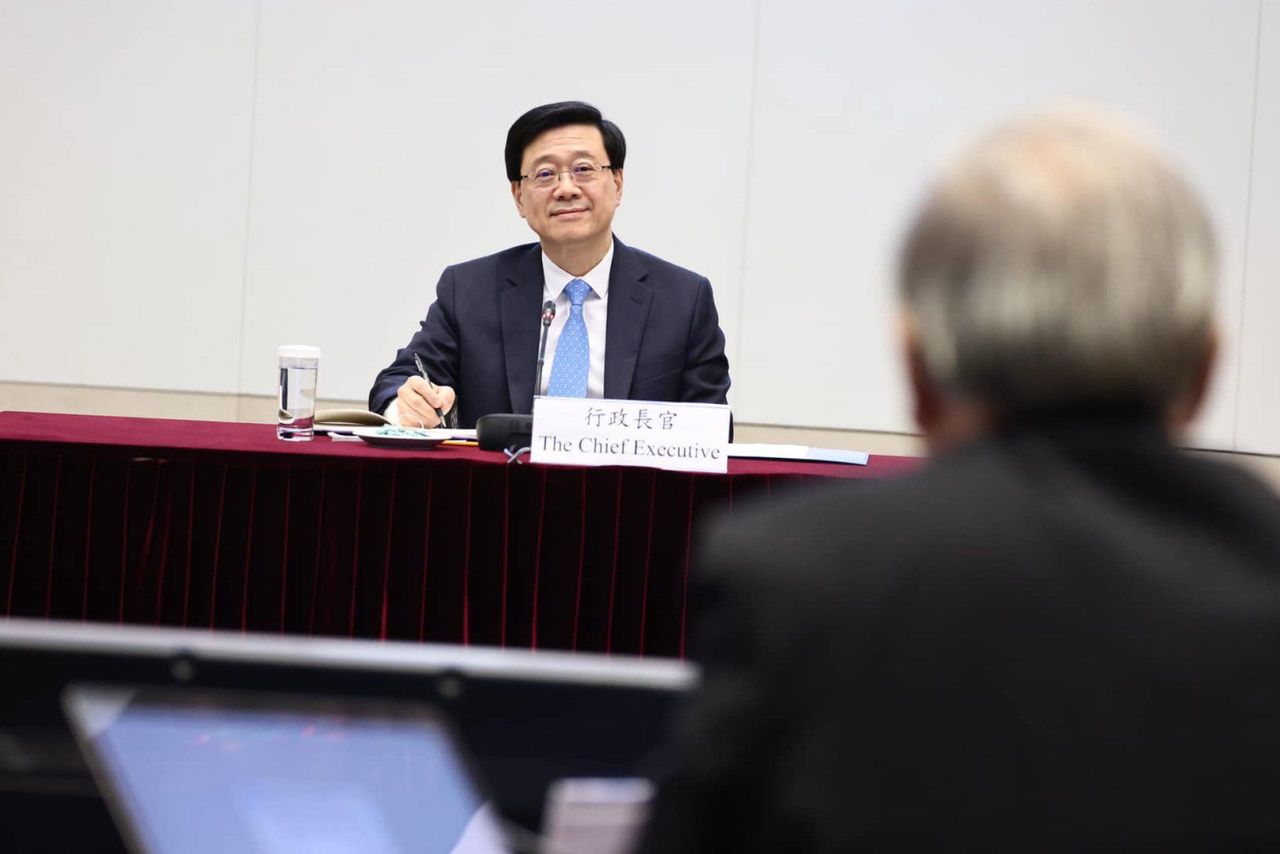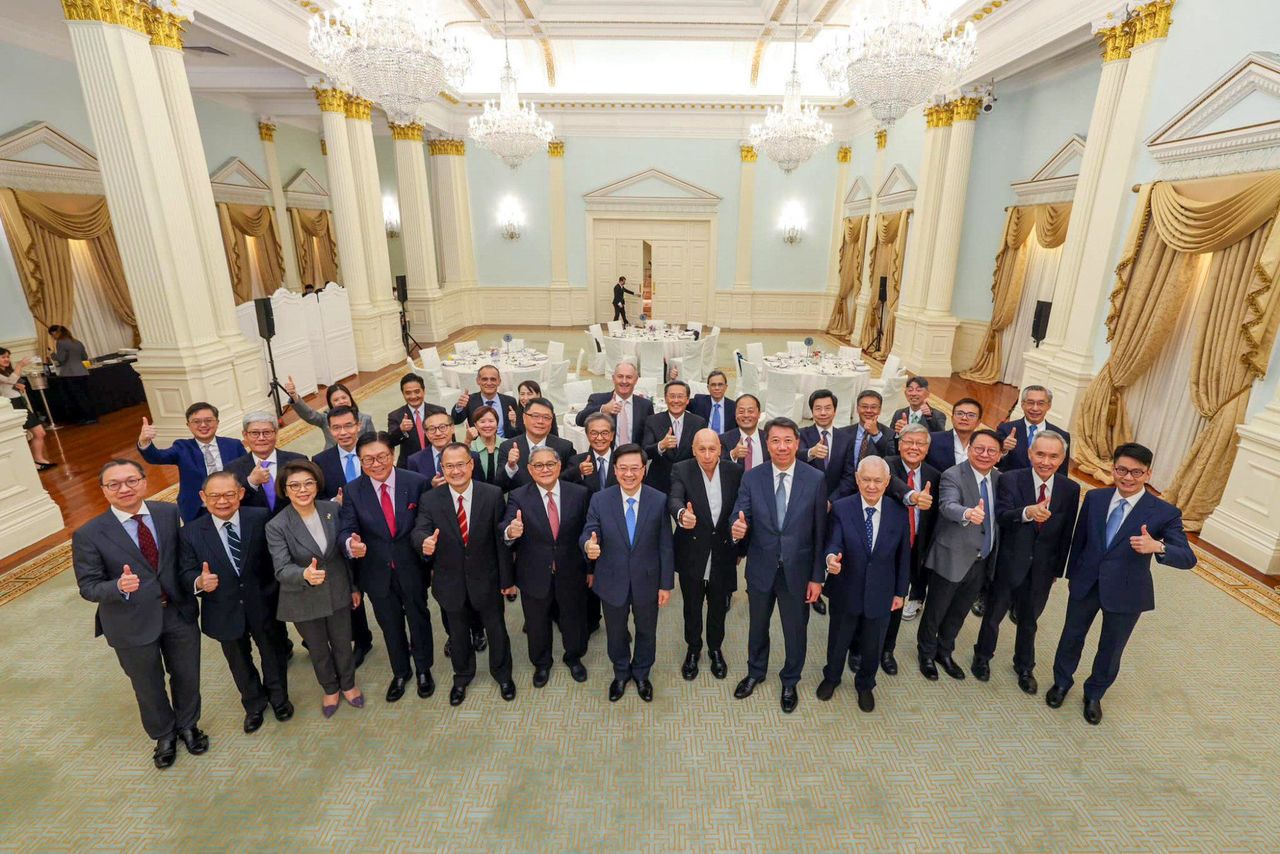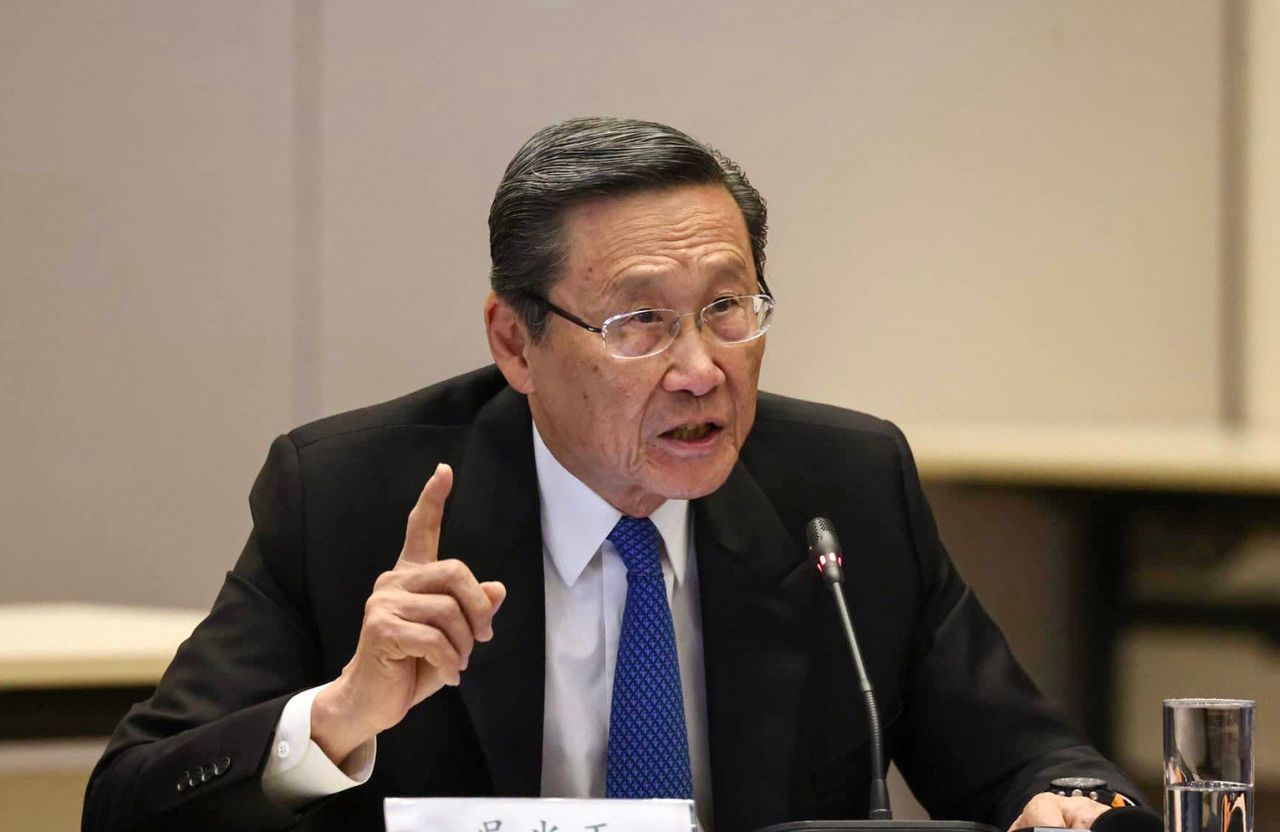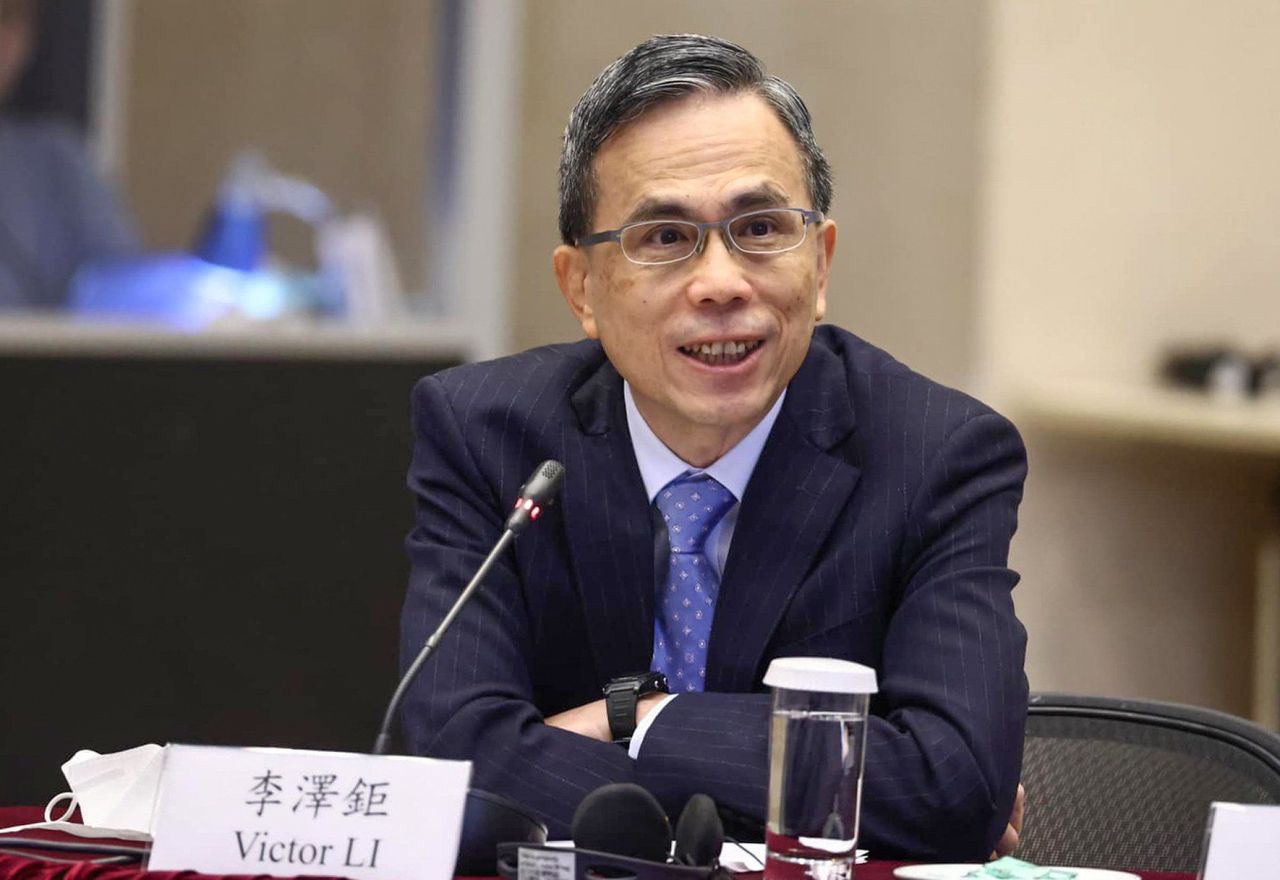Hong Kong News

Why members have high hopes for Hong Kong leader’s new top-level advisory body
A new high-level body advising Hong Kong’s leader held its inaugural meeting on Thursday to discuss how the city could leverage opportunities amid geopolitical changes, with attendees regarding talks as more “focused and fruitful” than at similar panels set up under previous administrations.
During the closed-door meeting of the Chief Executive’s Council of Advisers, which focused on economic development, innovation and global collaboration, insiders said city leader John Lee Ka-chiu also pledged to follow up on concrete measures to attract family offices and enhance competitiveness in various sectors.
Unofficial discussions continued into the evening as Lee later hosted a dinner for the 34-strong council, the government said.
“Their valuable insights are particularly important at a time when the global economy is full of uncertainties and in view of continual geopolitical tensions,” Lee said in a statement.
 Chief Executive John Lee.
Chief Executive John Lee.
“I have instructed the secretariat of the council to collate valuable opinions and concrete suggestions raised by the advisers, and come up with a list of priority topics for further research and discussion, so as to assist in my formulation of policies and mapping out the next steps of the council’s work,” Lee said.
Among the tycoons at the meeting were CK Asset Holdings chairman and managing director Victor Li Tzar-kuoi, World International Group chairman Peter Woo Kwong-ching and Sino Group chairman Robert Ng Chee Siong.
The council, chaired by Lee, also includes top bankers, scholars and politicians.
The meeting was divided into three sessions, each with about 10 advisers. High-quality economic development and sustainability were discussed in the morning, followed in the afternoon by innovation and entrepreneurship, as well as regional and global collaboration.
The council focused on opportunities for Hong Kong under the current international environment and global trends, covering China’s modernisation, the global economy, international relations, geopolitics, the financial environment, energy and sustainable development, according to an official release.
It said the advisers took the view that Hong Kong should “develop a new mindset” in formulating policies, actively integrate into national development, strengthen external exchanges and bolster regional connectivity.
 John Lee hosted a dinner on Thursday evening for his advisers.
John Lee hosted a dinner on Thursday evening for his advisers.
Footage released by the government showed Lee thanking advisers who attended the morning session, saying their “wise counsel” would help him formulate policies and that he was inviting “a few more” to join the council.
Chief Secretary Eric Chan Kwok-ki, Financial Secretary Paul Chan Mo-po and Secretary for Justice Paul Lam Ting-kwok attended the meeting. Stephen Wong Yuen-shan, head of the new Chief Executive’s Policy Unit, was also there.
Entertainment tycoon Allan Zeman, who attended the session on innovation, said he had high hopes the administration would be able to deliver initiatives “more efficiently” under Lee’s leadership style, compared with similar advisory bodies in the previous administration.
“In the past, we had just one big group. A lot of good ideas, a lot of talking, but not much happened in the end … It was more like a tuck shop,” he said.
“But this time, it worked a lot better as we split into groups. Discussions were more focused and fruitful because we had more time to go into good ideas.”
Zeman previously sat on a 35-member advisory body led by Lee’s predecessor Carrie Lam Cheng Yuet-ngor on innovation and strategic development.
Members met 14 times over four years, mostly in a big group setting. Lee appointed at least 15 members of that group to the new council.
 Peter Woo.
Peter Woo.
On Thursday, each session lasted two hours, during which all members were given sufficient time to exchange views on targeted issues, an attendee said.
“John Lee just briefly greeted us and said he was there to listen before inviting members to speak, a huge contrast to similar meetings chaired by Lam who made long opening remarks,” the source explained.
Another member also noted Lee’s different approach.
“He promised to delegate colleagues to follow up on our ideas individually, something I didn’t see very often in the previous government,” said the member, who also had sat on similar bodies before.
Previous governments under Leung Chun-ying and Donald Tsang Yam-kuen had also set up a Commission on Strategic Development to advise the leaders.
Political commentator Sonny Lo Shiu-hing said Lee, who had spent almost his entire career in security, sought to project himself as an inclusive leader by actively consulting business stakeholders on the advisory body.
“What also distinguishes him from his predecessor was the setting up of a high-level policy unit, which is expected to follow up on ideas proposed by advisers with in-depth studies,” he said. “I see this as crucial in effective policy delivery by the relevant bureau.”
 Victor Li.
Victor Li.
The first meeting came a week after the council’s establishment, with Lee describing it then as a “timely and crucial” body at a time when Hong Kong was seeking a comeback on the international stage after the Covid-19 pandemic.
Officials had occasionally warned that the financial hub had to brace for uncertainty and fluctuations in the market as United States-China rivalry continued.
Separately, Lee also met Wu Xiaohui, mayor of Jiangmen city in Guangdong province, who visited Hong Kong on Thursday.
He noted the efforts by Jiangmen in developing advanced manufacturing and attracting enterprises, saying Hong Kong was “the best partner” for it to expand overseas.
Lee said there was plenty of room for collaboration between the two cities in areas such as innovation and technology, finance, tourism and education, and both places would forge close ties in contributing to the high-quality development of the Greater Bay Area.











